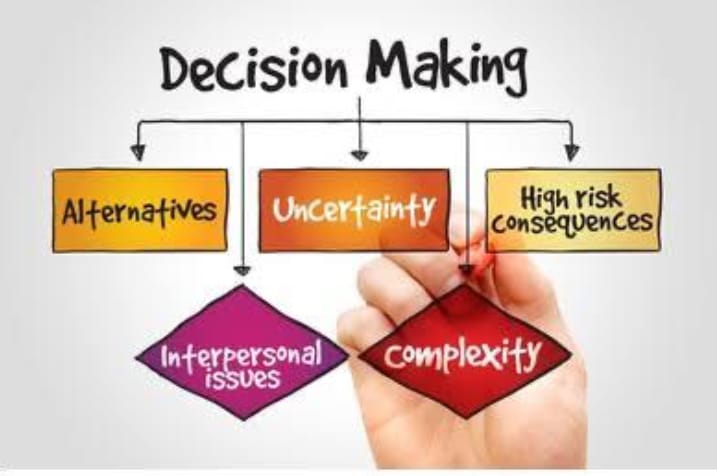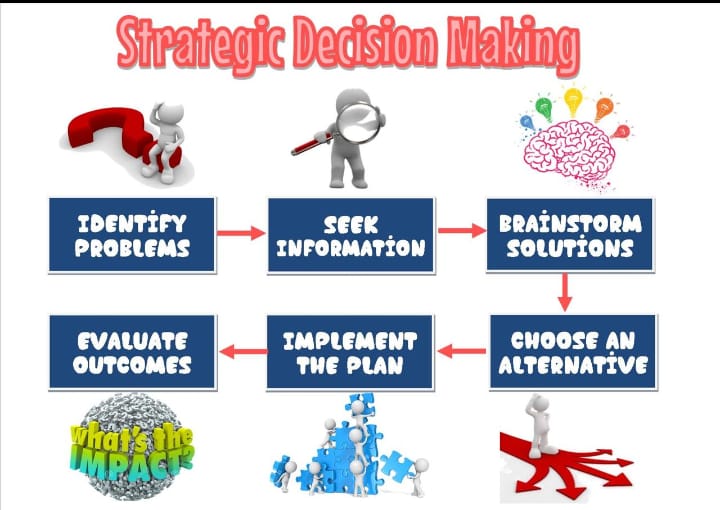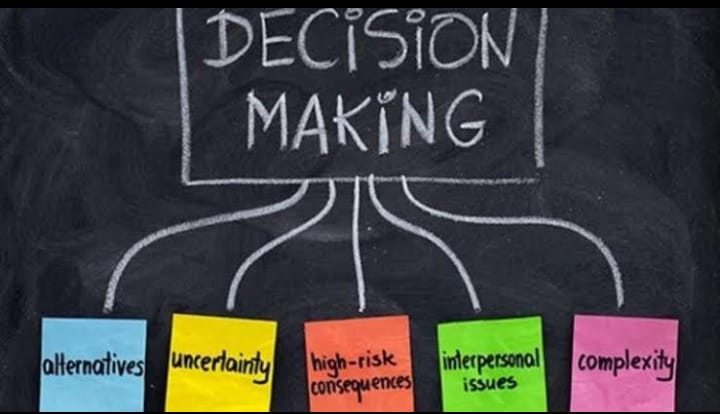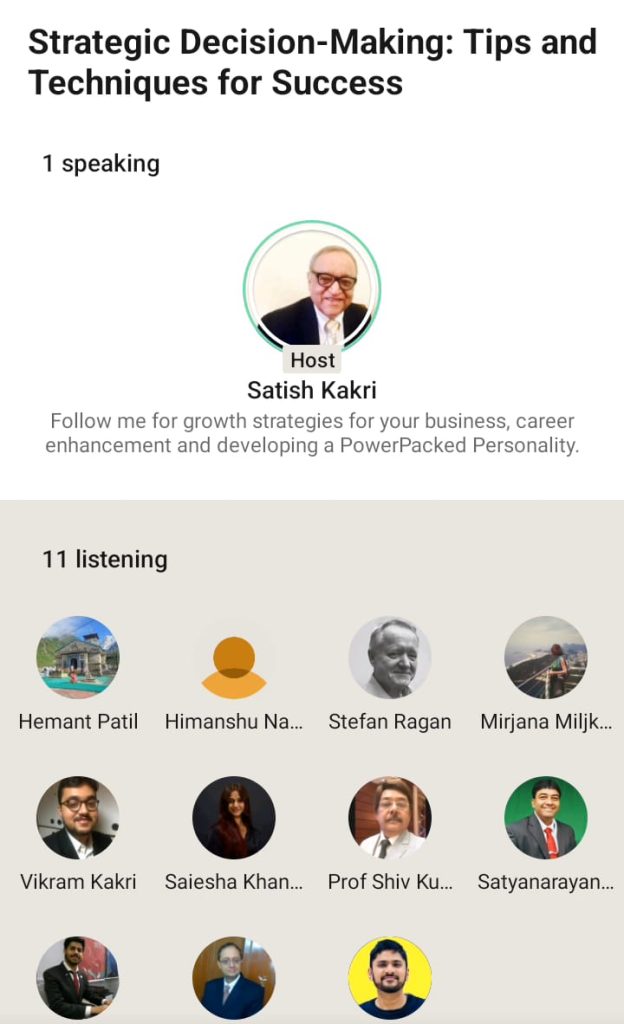1) What is success?
Success is a multifaceted concept that can vary significantly depending on individual values, goals, and cultural contexts. Here are several perspectives on what constitutes success:

Personal Fulfillment
For many, success is achieving a state of personal fulfillment and happiness. This might involve pursuing passions, maintaining meaningful relationships, and living in alignment with one’s values and beliefs.
Professional Achievement
In a professional context, success often means achieving career goals, gaining recognition in one’s field, and attaining financial stability or prosperity. This could include promotions, awards, or the successful completion of significant projects.
Impact and Contribution
Some define success by the positive impact they have on others and the world. This might involve charitable work, innovation, or contributing to the well-being of their community or society at large.
Balance and Well-being
Achieving a balance between different aspects of life, such as work, family, health, and leisure, is another common measure of success. Maintaining physical and mental well-being while managing responsibilities and enjoying life is a crucial aspect for many.
Continuous Growth
Success can also be seen as a continuous journey of learning and self-improvement. Setting and reaching personal and professional goals, acquiring new skills, and overcoming challenges are key components of this perspective.
Recognition and Status
For some, success is closely tied to recognition, status, and influence. This might involve attaining a certain level of fame, respect, or authority within a community or industry.
Financial Independence
Achieving financial independence and security is a significant aspect of success for many individuals. This allows for greater freedom to make choices and pursue other life goals without financial constraints.
2) Which are the crucial qualities for a person to be successful?
Success is multifaceted and can be defined in various ways depending on individual goals and aspirations. However, certain qualities are commonly associated with achieving success. Here are some crucial qualities for a person to be successful:

Determination and Persistence: The ability to stay focused and keep pushing forward despite challenges and setbacks.
Adaptability and Flexibility: The capability to adjust to new conditions, learn from experiences, and pivot when necessary.
Self-discipline: The power to stay organized, manage time effectively, and maintain focus on long-term goals.
Passion and Motivation: A strong drive and enthusiasm for what one is doing, which fuels sustained effort and creativity.
Resilience: The strength to recover quickly from difficulties and maintain a positive attitude.
Continuous Learning: An openness to learning new things, acquiring new skills, and improving oneself constantly.
Strong Work Ethic: A commitment to putting in the necessary effort and going the extra mile to achieve one’s goals.
Emotional Intelligence: The ability to understand and manage one’s own emotions, as well as empathize with others, which is crucial for building relationships and leading effectively.
Effective Communication: The skill to convey ideas clearly, listen actively, and engage with others productively.
Vision and Goal-setting: Having a clear vision of what one wants to achieve and setting realistic, actionable goals to get there.
Creativity and Innovation: The talent to think outside the box, come up with new ideas, and find unique solutions to problems.
Networking: Building and maintaining a strong network of relationships that can provide support, opportunities, and advice. These qualities, when cultivated and combined, can significantly enhance a person’s ability to achieve their version of success.
3) What is the importance of consistency in your success?
Consistency is crucial to achieving success for several reasons:

Builds Momentum:
Consistent effort helps to build and maintain momentum. When you repeatedly take action, no matter how small, you keep moving forward toward your goal.
Creates Habits:
Repetition leads to habit formation. Consistently engaging in positive behaviors embeds them into your routine, making them automatic and easier to maintain.
Enhances Skills:
Regular practice and effort lead to skill improvement. Over time, consistent actions lead to mastery and expertise in your chosen field or activity.
Builds Trust and Credibility:
Whether in business or personal relationships, being consistent builds trust. People rely on you and believe in your commitment when you consistently deliver on your promises.
Enables Measurement and Adjustment:
Consistency allows you to track progress effectively. Regular actions provide data and feedback that you can use to make informed adjustments and improvements.
Strengthens Willpower and Discipline:
Sticking to a consistent routine, especially when it’s challenging, strengthens your willpower and discipline. This mental resilience is key to overcoming obstacles.
Achieves Long-term Goals: Success often requires sustained effort over a long period. Consistent actions, even if they seem small, compound over time and lead to significant achievements.
4) How unsuccessful people are treated in the society as against Successful people?
The treatment of unsuccessful people versus successful people in society is often influenced by various factors including cultural norms, economic conditions, and social values. Here are some general differences in how they are treated:

Treatment of Successful People:
Respect and Admiration:
Successful individuals often receive a high level of respect and admiration. Society tends to celebrate their achievements, and they are often seen as role models.
Opportunities:
Success brings more opportunities. Successful people are more likely to receive job offers, speaking engagements, and networking opportunities that can further enhance their status and career.
Social Privileges:
Successful individuals often enjoy various social privileges, such as preferential treatment in services and higher social standing. They are also more likely to be invited to exclusive events.
Positive Perception:
They are usually perceived positively and attributed with traits like intelligence, hard work, and capability. Success tends to validate their abilities and choices.
Support Systems:
Successful people often have strong support systems, including mentors, supportive colleagues, and professional networks that help sustain their success.
Treatment of Unsuccessful People:
Stigma and Judgment:
Unsuccessful individuals may face stigma and judgment. They can be unfairly labeled as lazy, incompetent, or lacking ambition, regardless of their efforts or circumstances.
Limited Opportunities:
Failure can lead to fewer opportunities. Unsuccessful people may struggle to find new job prospects, face difficulties in career advancement, and lack access to influential networks.
Social Marginalization:
There is often a degree of social marginalization. Unsuccessful individuals might be excluded from certain social circles, events, or opportunities that could help them improve their situation.
Negative Perception:
They are often perceived negatively, with their lack of success seen as a personal failing. This can lead to low self-esteem and a sense of worthlessness.
Thanks for reading.





























